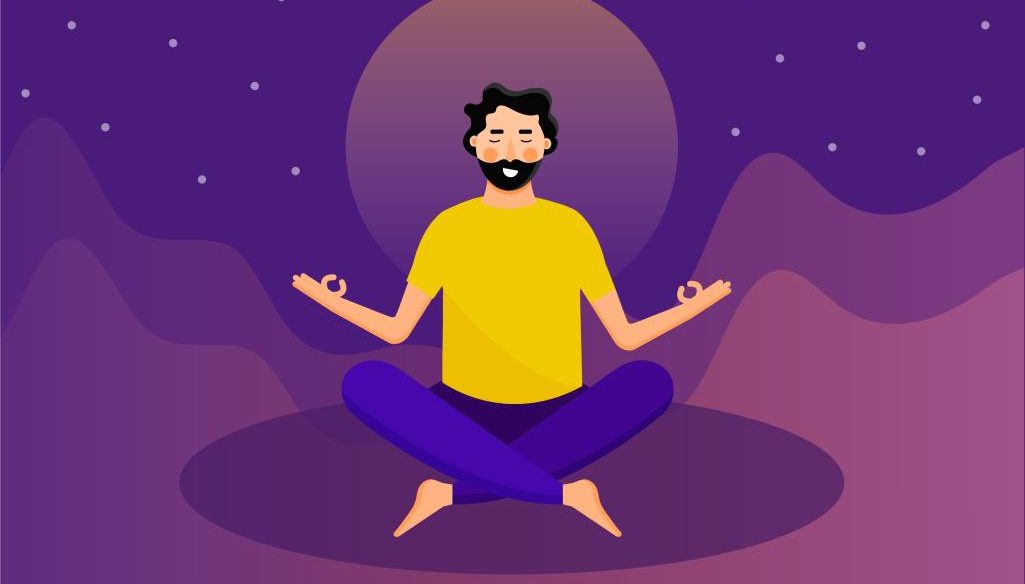As a society, we are now becoming aware of mental health concerns for everyone. Yet, we are lacking behind in understanding the mental health difficulties that are faced by men. When it comes to men’s mental health, a prime concern is that mental health issues faced by men are not discussed openly, which makes it difficult for men to come forward to seek help.
The WHO emphasized that cultural stigma surrounding mental health is one of the chief obstacles to people admitting that they are struggling and seeking help. And this stigmatization is particularly high in men. The societal expectation of men to “man up” or “just snap out of it” or “be strong” or “men don’t cry” has seeped into their minds right from childhood. Going against these social and cultural expectations makes it more difficult for them to admit mental health difficulties and much less likely to seek help for them.
It is also noted that men and women can experience different symptoms of the same mental health issues. This may be partly a “side effect” of divergent views of mental health.
What can we do to encourage men to seek help?
How can you help?

